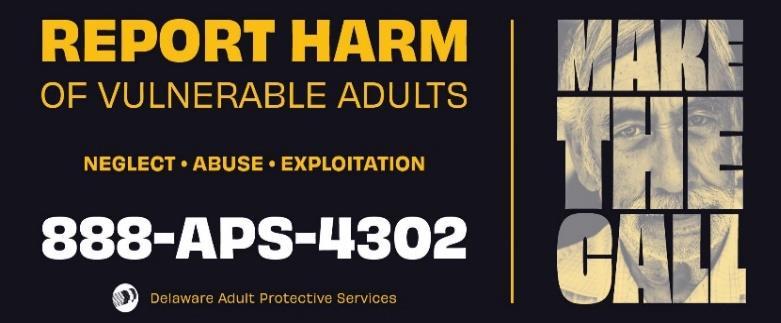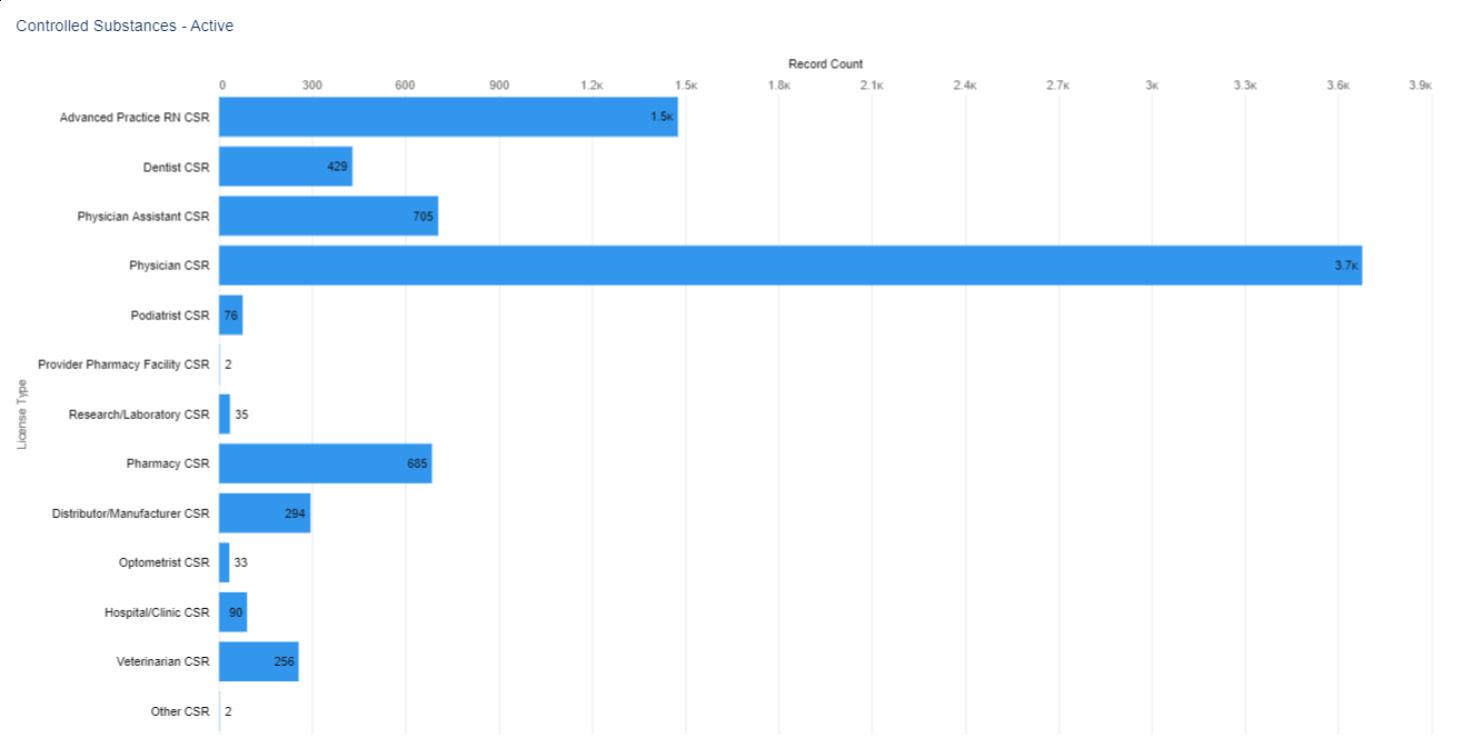
10 minute read
Controlled Substance Advisory Committee
from DJPH - Delaware's Healthcare Workforce
by Delaware Academy of Medicine and the Delaware Public Health Association
The primary objective of the Controlled Substance Advisory Committee is to promote, preserve and protect the public health, safety and welfare by regulating and monitoring use and abuse of controlled substances. To meet this objective, the Committee • carries out a program of registration, inspection, investigation and education, • recommends new/revised rules and regulations and disciplinary sanctions against registrants to the Secretary of State. The Committee issues registrations to practitioners and facilities that prescribe, dispense, manufacture or distribute controlled substances (see figures 1-5). Practitioners include physicians, physician assistants, advanced practice registered nurses, podiatrists, dentists, optometrists, and veterinarians. Facilities include pharmacies, distributors, manufacturers, hospitals, clinics, researchers, laboratories and provider pharmacies. To assist the Committee, the Drug Control Administrator for the Division of Professional Regulation is responsible for the Committee’s regular administrative functions. The Committee’s authority is in 16 Del. C., Chapter 47 and the Uniform Controlled Substance Act Regulations. The Controlled Substance Advisory Committee issues an additional license that has a prerequisite of an active practitioner license upon which to build. The following professional licenses may be supplemented with the CSR (Controlled Substances Registration) empowering these provides to prescribe certain classes of medicines which fall under the Uniform Controlled Substance Act Regulations as noted above. In addition, facilities may also be issued a CSR license. • Advanced Practice Registered Nurse • Dentist • Facility • Optometrist • Pharmacist • Physician Assistant • Podiatrist • Practitioner (Physicians) • Veterinarian
Figure 1. Active CSR Licenses by Type*, N=7,760
* an active license does not guarantee an individual is actively seeing patients.
Figure 3. Active CSR Licenses by Birth Year
Note. Two individuals did not provide a year of birth
* According to the Social Security Administration “Full retirement age is the age when you can start receiving your full retirement benefit amount. The full retirement age is 66 if you were born from 1943 to 1954. The full retirement age increases gradually if you were born from 1955 to 1960, until it reaches 67. For anyone born 1960 or later, full retirement benefits are payable at age 67.”
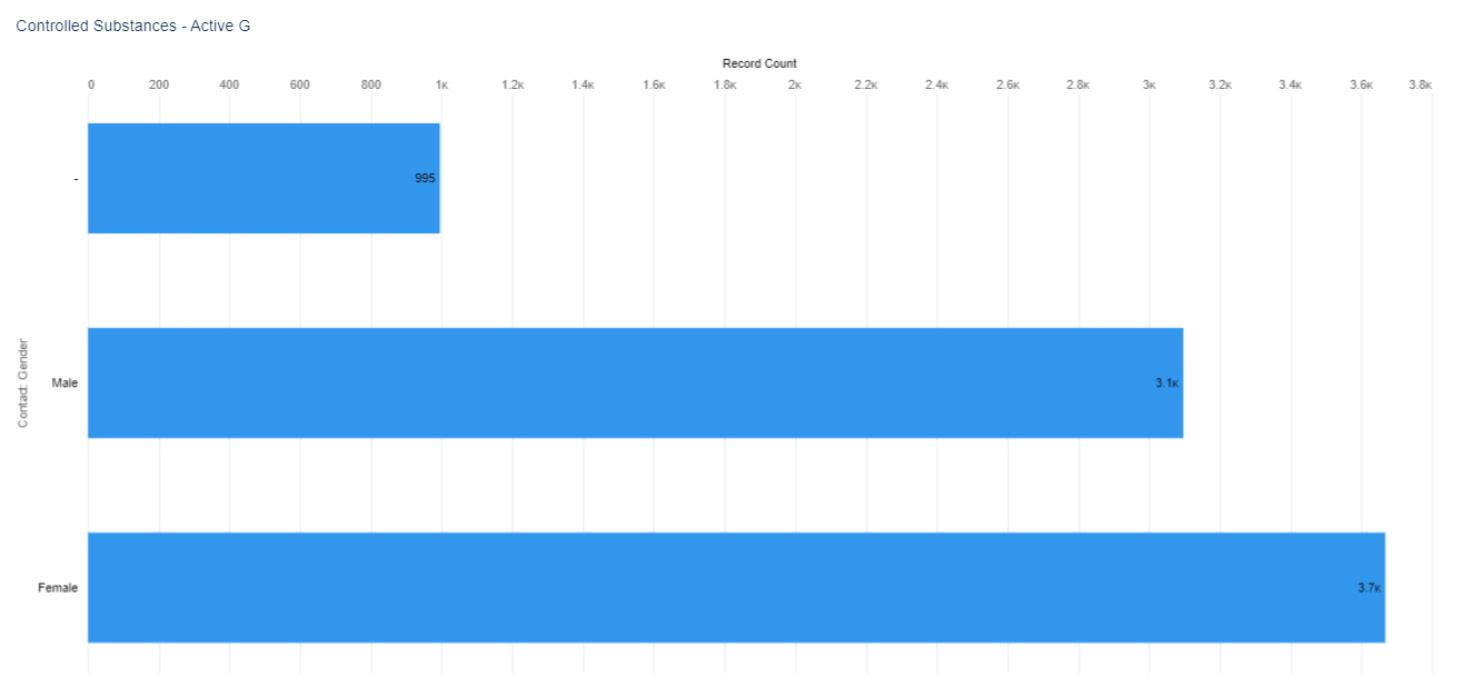
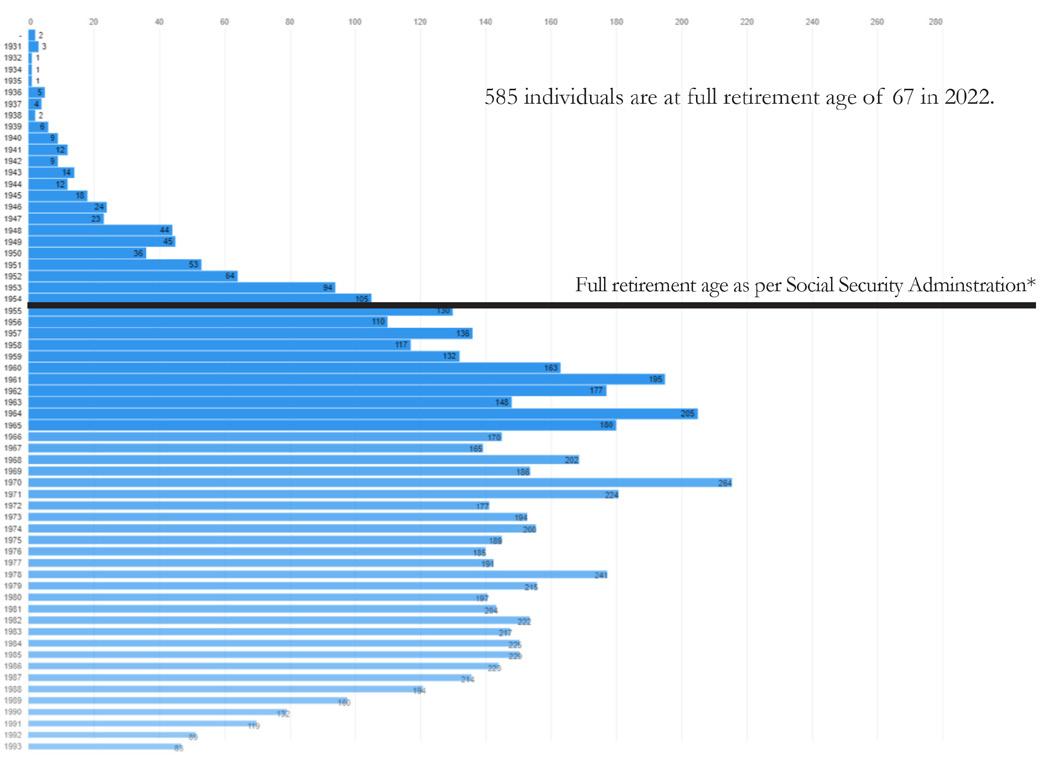
Figure 4. Numerical Distribution of Active CSR Licenses by ZIP code
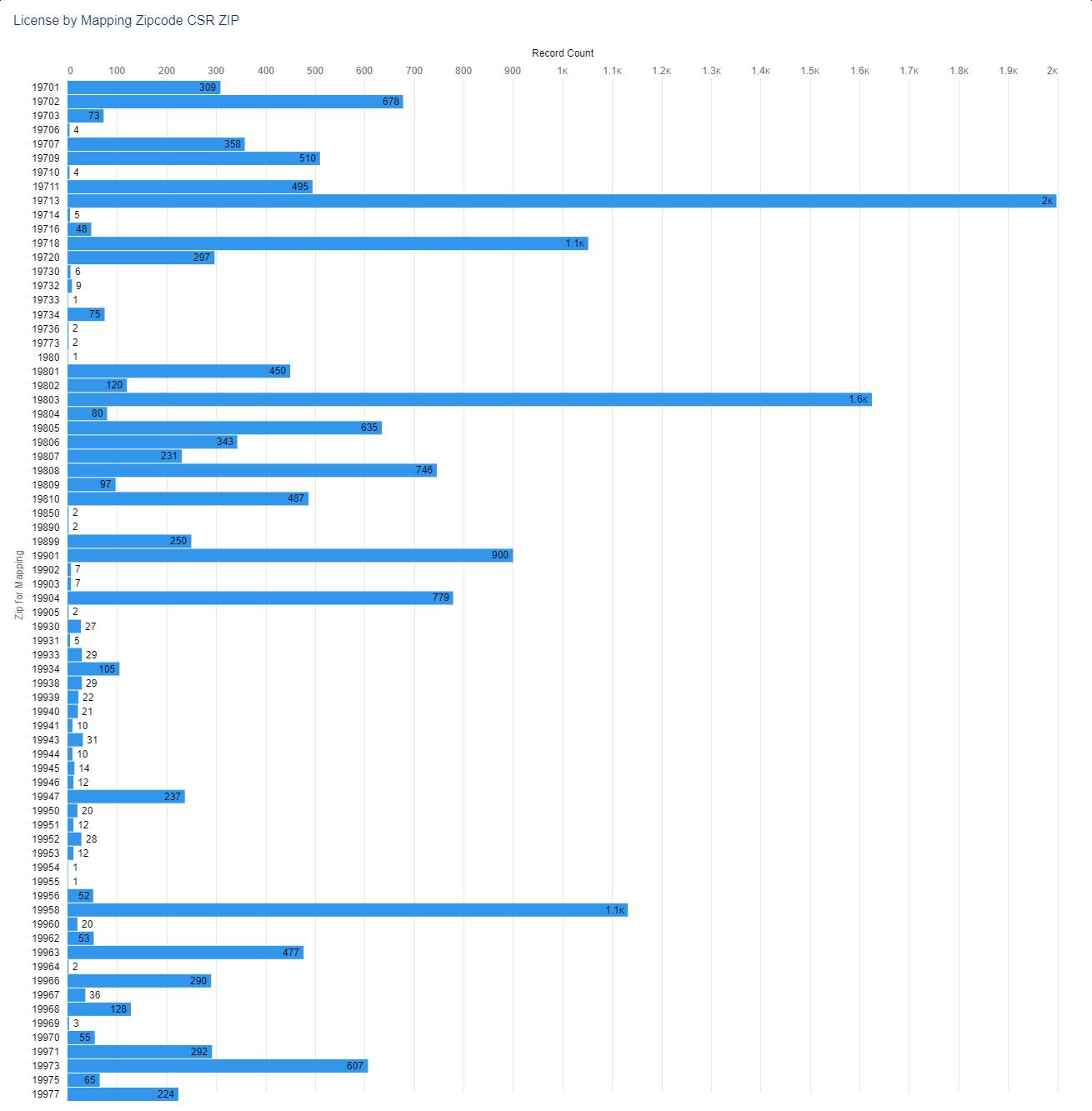
Figure 5 shows most, but not all, ZIP codes due to scaling limitations. Hot spots are employed to bring perspective to viewing the overall map and distribution of healthcare professionals and should not be interpreted has valuing value without referring to the numbers listed in the chart above.
Figure 5. Visual Distribution of Active CSR Licenses by ZIP code
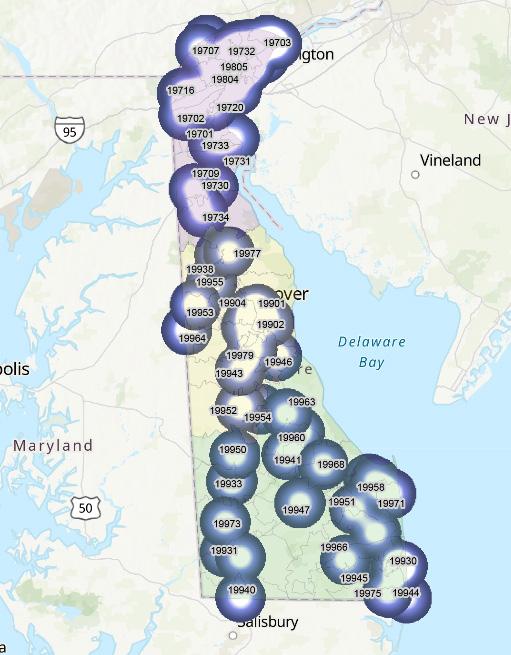

From the Delaware Division of Public Health
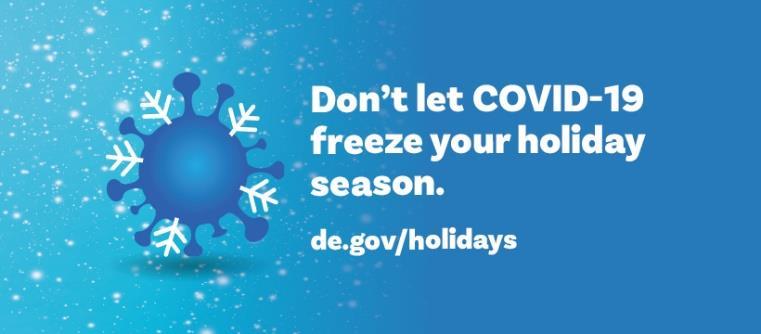
Protect loved ones and others from COVID-19 and flu this winter
Delawareans should remain vigilant this winter to protect their loved ones and fellow community members from COVID-19 and the flu. The Division of Public Health recommends following these prevention strategies: • Get vaccinated and boosted for COVID-19, including the new bivalent booster if eligible.
Visit de.gov/boosters and de.gov/getmyvaccine. • Delawareans age 6 months and older should get their annual flu shot to prevent illness, complications, hospitalization, and death. Visit flu.delaware.gov. • Get tested for COVID-19 (de.gov/gettested): – 1-2 days before a large gathering – If you have symptoms of COVID-19 (If you have symptoms and get a negative test result, take another test 2 days later.) – Five (5) days after being exposed to someone confirmed to have COVID-19. • When sick, stay home to avoid spreading germs, especially to older, very young, or immunocompromised individuals. • Avoid close contact with sick people. • Wash hands often with soap and warm water for 20 seconds or longer or use hand sanitizer. • Cover coughs and sneezes with a tissue or into your inner elbow. Immediately dispose of tissues and wash hands. • Do not couch your eyes, nose, or mouth. • Clean and disinfect frequently touched surfaces. • After traveling, self-monitor for COVID19 symptoms, and isolate and get tested if symptoms develop.


December 2022
Follow CDC ventilation guidance to reduce risk of airborne virus particles
The U.S. Centers for Disease Control and Prevention (CDC) website offers ventilation (air flow) guidance to prevent small, breathable virus particles from accumulating indoors. The fewer virus particles in the air, the less exposure individuals have to COVID-19, the flu, and other viruses. When guests visit, the CDC recommends ventilating your home or gathering space during the visit and for at least one hour after the visit. If it is safe to do so, bring fresh, outdoor air into the home by opening doors and windows. Turn on kitchen and bathroom exhaust fans and ceiling fans. Have window exhaust fans blow air outside. Use a portable highefficiency particulate air (HEPA) cleaner to trap particles that people exhale when breathing, talking, singing, coughing, and sneezing. Use heating, ventilation, and air conditioning filters and change them frequently. Be sure that filters are properly fitted and provide higher filtration. The CDC suggests using portable high-efficiency particulate air (HEPA) cleaners. For continuous airflow and filtration, turn the thermostat to the “on” position instead of “auto. ” The CDC website provides an easy-to-use interactive ventilation tool and ventilation guidance for buildings, schools, and childcare programs.
GOOD VENTILATION
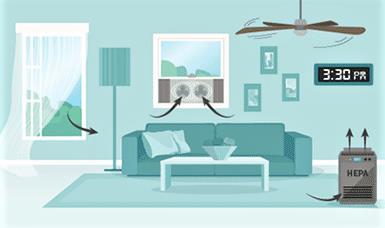
Improving ventilation can help reduce virus particles in your home and keep COVID-19, the flu, and other viruses from spreading. When guests visit and for at least one hour afterward, open windows, turn on ceiling fans, have window exhaust fans blow air outside, and use a portable high-efficiency particulate air (HEPA) cleaner to filter air. Source: Centers for Disease Control and Prevention
Start planning for end of COVID-19 emergency housing and food benefits
Nearly 60,000 Delaware households will be profoundly impacted when they no longer receive emergency COVID-19 benefits for food, housing, and childcare benefits when federal and state governments lift the public health emergency. The Pandemic Emergency Shelter Program that provided motel housing ended September 30. “When these emergency benefits end, especially when enhanced food benefits go away, it will come as a shock to many households,” said Delaware Department of Health and Social Services (DHSS) Secretary Molly Magarik. “We are trying to connect these Delawareans to other services and urge them to prepare for the day when these additional benefits end.” Delawareans should prepare now for the following temporary suspensions to end immediately or within 30 days after the COVID-19 public health emergency is lifted: • SNAP food benefit work requirements • TANF work requirements • TANF time limit and sanction rules • Temporary expansion of food benefits for eligible college students • Waived Purchase of Care monthly childcare co-payments.
Since March 2020, the DHSS Division of Social Services (DSS) has issued monthly emergency benefits through the Supplemental Nutrition Assistance Program (SNAP), the Temporary Assistance for Needy Families (TANF) program, and General Assistance program. In September, an estimated 59,367 Delaware households received emergency supplemental SNAP food benefits ranging from $95 to $250, and 185 households each received between $201 and $819 in TANF emergency benefits. Eligible General Assistance households received monthly emergency cash benefit checks ranging from $79 for one person to $239 for six people. For more information, visit DSS's webpage of emergency benefit programs. To screen for and apply for benefits, go to DHSS' online application portal Delaware ASSIST or call 1-866-843-7212.
The DPH Bulletin – December 2022

Housing and other resources
Housing Alliance Delaware
www.housingalliancede.org To find a bed, contact Centralized Intake Monday through Friday, 8:00 a.m.-5:00 p.m., by calling 1-833-FIND-BED (1-833-346-3233), texting the ZIP code to 898-211, or emailing intake@housingalliancede.org. Clients may visit any State Service Center or local shelter or day center for help contacting Centralized Intake.
Delaware State Housing Authority
1-888-363-8808, www.destatehousing.com
DEHousingSearch.com
1-877-428-8844
DEHAP Rental Assistance
1-866-935-0407, decovidhousinghelp.com
Emergency Assistance Services
Provides eligible low-income persons up to $1,200 for rent, utilities, and emergency shelter. Division of State Service Centers www.dhss.delaware.gov/dhss/dssc 1-866-843-7212; DHSS_DSSC@delaware.gov
Veterans Multi-Service Center
www.vmcenter.org 1-856-293-7321
Delaware Joining Forces
Delaware.gov/djf For military members, veterans, and families
Adult Behavioral Health
24/7 Mobile Crisis Services Northern Delaware: 1-800-652-2929 Southern Delaware: 1-800-345-6785
Youth Behavioral Health
24/7 Child Crisis Hotline 1-800-969-HELP (4357)
Youth Prevention Helpline
24/7 Delaware Hope Line
1-833-9-HOPEDE (1-833-946-7333)
Suicide and Crisis Lifeline
988
Help is Here Delaware
HelpisHereDE.com/
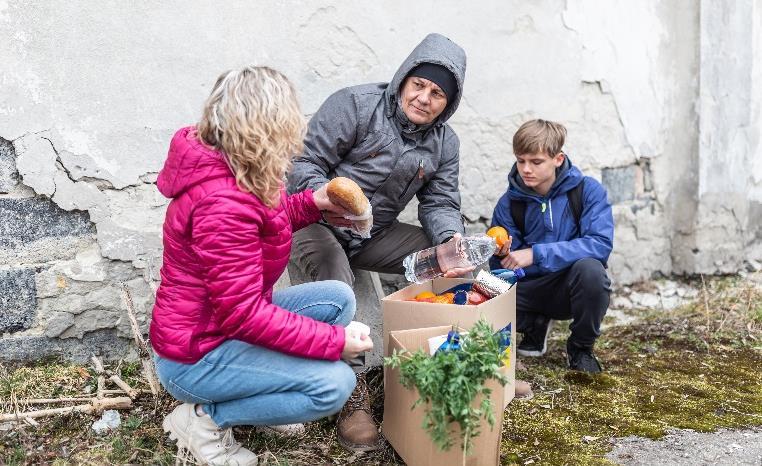
How to help those less fortunate
Vulnerable families seek food, clothing, housing assistance, shelter, and charity medical and dental care from local food banks, charities, churches, and non-profit organizations. Here are ways to help: • Support Delaware’s non-profit organizations this holiday season and beyond. • Support local food banks, such as the Food Bank of Delaware, and community food pantries with food, money, grocery gift cards, or volunteer hours. Also support food drives. • Clean out your pantry and donate unexpired food.
Move foods with nearest expiration dates to the front of the pantry shelves to use them first. • Eliminate food waste by planning meals ahead, eating leftovers, and freezing extra portions. Do not over-buy or over-order. • Clip coupons for others. Put them in a recycled box and place in a common area. Someone short on change could use the help. • Plant to share. Next spring, gardeners can plant extra vegetables to donate to neighbors or a local food pantry after you find out what they accept. • Clean out your closets. Donate outgrown and unwanted clothes in good or excellent condition to local clothes closets and organizations. • Give a needful gift. Consider gifting a week or more of childcare, rent, electricity, heating fuel, gas, or bus fare. Lend rides to and from work for those who must give up their car or to help them stretch their gas dollars. • Be patient and understanding. Impacted individuals may be stressed as they try to provide basic needs for their families. Refer Delawareans in despair to the Suicide and Crisis Lifeline at 988 or the Delaware Hope Line at 1-833-946-7333.
DHSS hotline protects vulnerable adults
To protect vulnerable adults from neglect, abuse, and exploitation, the Delaware Department of Social Services’ Division of Services for Aging and Adults with Physical Disabilities launched a new 24-hour Adult Protective Services (APS) hotline: 888-APS-4302. Callers can remain anonymous and connect with free, voluntary services and resources. Victims can also report harm. Concerned individuals should “Make the Call” to 888-APS-4302 if they suspect these forms of harm: Physical abuse – inflicting physical pain or injury on a senior • Sexual abuse – non-consensual sexual contact of any kind • Emotional abuse – inflicting mental pain, anguish, or distress on a vulnerable adult through verbal or nonverbal acts • Neglect – the failure by those responsible to provide food, shelter, health care, or protection for a vulnerable adult • Self-neglect – the failure of a person to perform essential, self-care tasks and that such failure threatens his/her own health or safety • Exploitation – the illegal taking, misuse, or concealment of funds, property, or assets of a vulnerable adult for someone else’s benefit • Abandonment – desertion of a vulnerable adult by anyone who has assumed the responsibility for care or custody of that person • Additional forms of harm – mistreatment, intimidation, manipulation, or coercion. Under Delaware law, a vulnerable adult is defined as a person 18 years of age or older who, because of isolation, sickness, debilitation, mental illness, or physical, mental, or cognitive disability, is easily susceptible to harm. In 2021, anonymous reports to APS helped protect 2,184 vulnerable adults. For more information, visit dhss.delaware.gov/dsaapd/aps.
